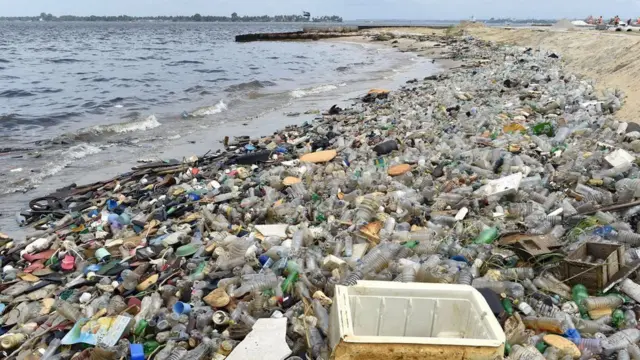The growing incidence of cancer among young individuals worldwide has become a serious concern for health experts. Recent research and global health data indicate a sharp rise in various types of cancer among people aged between 15 and 39.
Experts attribute this alarming increase to lifestyle factors often overlooked. Major contributors include air, water, and soil pollution, harmful chemicals in plastics, and the regular consumption of low-quality and artificial foods.
Airborne micro-particles, known as particulate matter, enter the human body through breathing and impact the lungs, bloodstream, and cellular systems. These particles are increasingly being recognized as a leading cause of respiratory illnesses and cancer.
Similarly, toxic substances in water and soil—such as industrial waste, heavy metals, and chemicals—enter the human body through food and drinking water, altering cellular structures and triggering the development of cancer over time.
The rising use of plastics has also emerged as a severe health threat. Everyday items like plastic bottles, food packaging, bags, and even children’s toys contain chemicals that disrupt the hormonal system. In youth, this hormonal imbalance is linked to reproductive health issues, early puberty, and an increased risk of breast, kidney, and blood cancers.
Studies also show that these chemicals create biochemical imbalances in the body, laying the groundwork for various types of cancer.
Diet is another major factor. Today’s youth are increasingly dependent on fast food, processed items, artificial flavors, high salt and sugar content, and nutrient-deficient meals. Such diets lead to chronic inflammation and damage to the stomach, intestines, and liver, raising the risk of cancer.
Food lacking in fiber, natural vitamins, and minerals weakens the immune system. Obesity, a common outcome of such diets, is directly associated with colon, breast, kidney, and gallbladder cancers.
Health experts have warned that without immediate and meaningful lifestyle changes, cancer among the youth could become an epidemic in the coming years.
They stress the urgent need for awareness among parents, educators, policymakers, and young people. Reducing plastic use, choosing natural and pure foods, and implementing strict environmental policies are now essential steps.
Cancer is no longer a disease limited to older adults—it is rapidly affecting the younger generation, largely due to everyday habits we dismiss as harmless but which are having deep and dangerous effects on our health and lives.





















